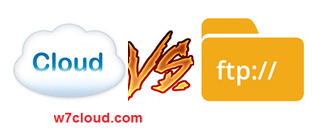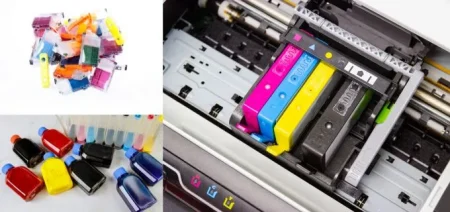
What is the Difference between FTP and Cloud?
Cloud or cloud computing is a general term used for different services services, like networking, storage, software applications etc. which are hosted on the internet and It allows us the ability to access different services on the Internet with web browser or with some software application without having to store any data on local system.
What is FTP?
FTP is stands for File Transfer Protocol, a standard protocol used for transferring files over the internet, It is used for upload and for download files from a central location. FTP can be consider as an integral part of cloud computing services because many cloud service providers also offers storage services which is like a FTP server where you can upload and download files from any where.
For example, you can transfer files from online storage to a computer or host, share a file, or you can use it for remote access to files hosted on your FTP server.
Difference: FTP Vs Cloud in terms of Features
| FTP | Cloud |
| For FTP you normally need a FTP client for accessing files and folders. | You can access your file on cloud with any web browser, you can also use application for accessing file on cloud |
| Ease & Use of Transfer | Cloud have same features like Remote Access to Files |
| Normally with FTP you can capture the advance statistics | Cloud may have Tracking and Reporting Ability |
| FTP server have less cost as compare to cloud | Cloud services are may have more cost but also have some advance features as well. |
| Cloud computing consider more secure as compare to FTP, IN FTP communication are normally in plain text. | On the other hand Cloud providers also provide you some more security features like backups.. |
| FTP normally use port 21 for communication | There are mot specific port for cloud computing |
| Example of FTP:Transmit, CODA, Krusader, , Default ubuntu ftp client, Total Commander, Windows default FTP client, Captain FTP, Filezylla, Cyberduck | Cloud Computing Example:Google Drive, Amazon Cloud Drive Desktop [PC], Drop box, EMC Atmos, microsoft azure, MobileMe, Microsoft SkyDrive, Azure Blog Storage, Microsoft SharePoint, Office365, iKeepinCloud, CloudMe, ZOho cloud |














